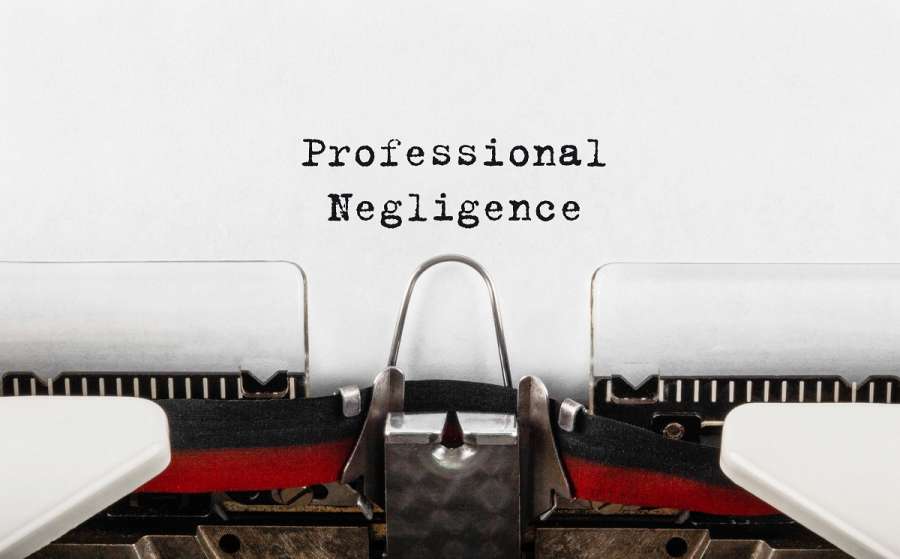Although the negligence of the defendant was beyond doubt and the claimant’s claim was ultimately successful, the amount awarded to the claimant was nominal because the factual evidence did not support the claimant’s assertion that Canham’s negligent design of the foundations led to the two blocks needing to be demolished and rebuilt. Causation was therefore not established.
Neither were the claimants entitled to claim damages for breach of contract because it was not shown that the losses they were claiming flowed directly from Canham’s breach.
In the case of Block A, Canham was not found to be negligent or in breach of contract because it was, in the words of the judge in this case, “so defectively constructed in other respects, nothing at all to do with fault on the part of Canham” that it would have needed to be demolished anyway.

As for Block B, the dowel connections were missing from the foundations (which was due to Canham’s negligence).
However, they could have been retrofitted, and in fact, the works to retrofit them started before the block was demolished.
As such, Canham was not liable to the claimants for the costs of demolishing the block and rebuilding it because its negligent actions could have been corrected by the retrofitting works.
As with Block A, the judge found that Block B “would have required demolition in any event, regardless of the state of the foundations.”
Despite the claim being for a total of £3.7 million, the claimants were awarded a mere £2,000, which represented half the cost of the unfinished retrofitting works because it was found that Canham’s negligence did cause the claimants’ loss in so far as the cost of retrofitting the dowels was concerned.
This demonstrates the importance of claimants being able to establish causation through factual evidence in professional negligence claims.





